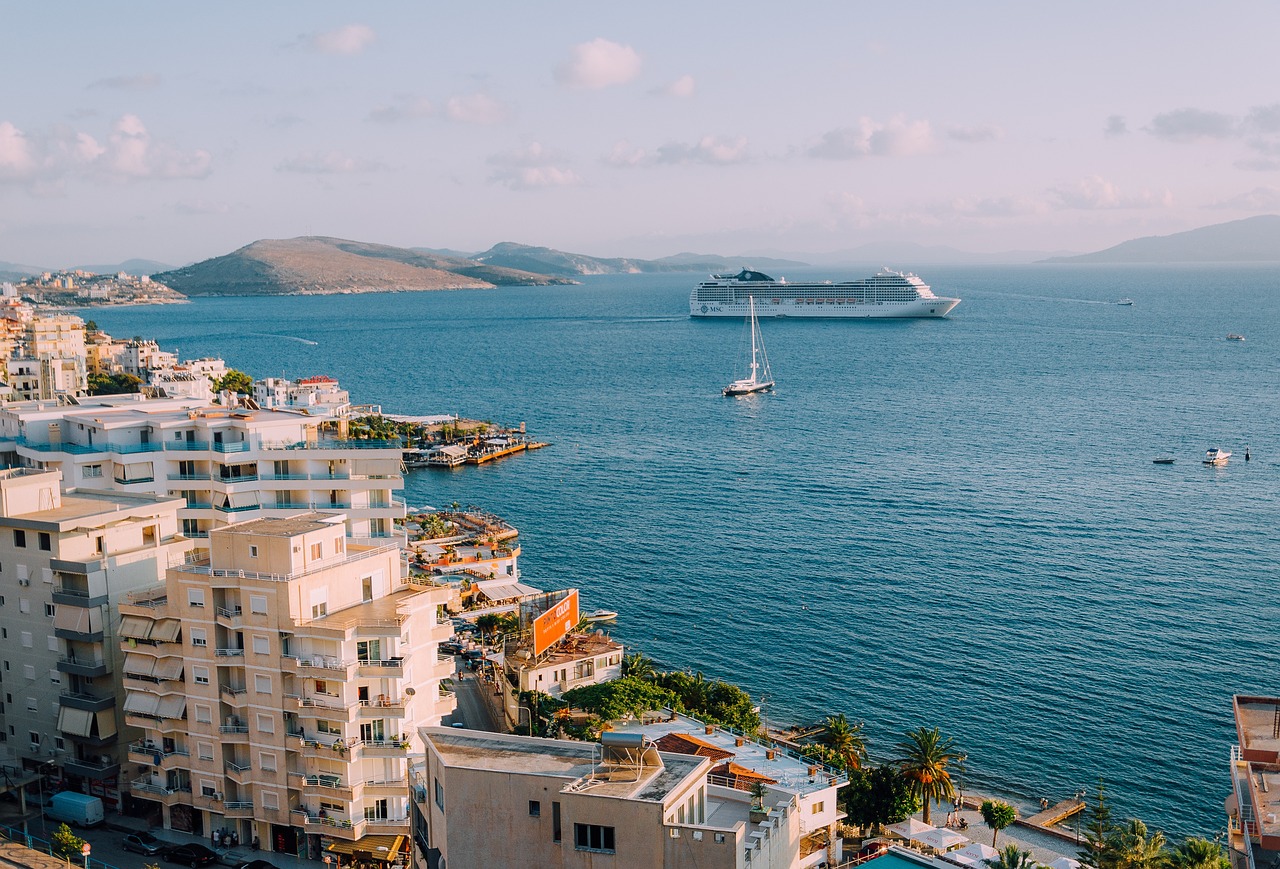Top 5 Tips for Sustainable Travel

We are all aching for a vacation as global travel restrictions are eased – but before you go to the seaside, the mountains, or a new country, find the time to plan a trip that is both pleasurable and sustainable. While traveling enriches our lives, the environment is one aspect of travel that is not inherently spectacular. Sustainable travel entails determining a strategy to explore the world without compromising natural and cultural ecosystems.
Exploring the Benefits of Sustainable Travel
Although it is one of the most enjoyable pursuits, traveling contributes significantly to climate change, one of the gravest risks to tourism, people, and the world's future. Overall, tourism contributes to around 8% of global carbon emissions. However, the possibility of reimagining tourism in a more sustainable manner would be advantageous in all aspects.
For the tourist, making a significant difference while seeing the world maximizes travel's transformational potential.
For the host community, revenue produced by tourists remains in the community, assisting in developing infrastructure and living conditions. Furthermore, cultural values and traditions are also preserved,
And, for the world, an ecologically friendlier mode of transportation will actively contribute to preserving and protecting mother nature's riches for future generations.
Tip: 1 – Choose your transportation wisely
Let’s start with the most obvious aspect: the carbon footprint of tourism is mostly determined by air travel, driving, and other transportation methods. Airlines, automobiles, and other modes of transportation account for the lion's share of tourism's carbon footprint.
When traveling to nearby areas for vacations, use the train or bus to reduce your carbon footprint while enjoying the environment. Once you have arrived at your location, try taking the bus, train, or cycling about town rather than hiring a vehicle.
Tip 2 – Limit plastic pollution
Our Earth, particularly our seas, is being consumed by plastic pollution. The oceans are estimated to contain 5.25 trillion pieces of plastic waste. While it will be challenging to eradicate all plastic waste from our lives, there are several actions we can take while traveling to reduce our reliance on throwaway plastic goods.
The simplest way to do this is for us to travel with a refillable water bottle, which will eliminate the need for hundreds of little disposable water bottles during our vacation. Simply check if the tap water in your neighborhood is safe to drink, fill in your bottle, and you are good to go!
Additional strategies to limit the amount of throwaway plastic used on vacation include bringing a canvas tote bag for shopping, bringing reusable cutlery (if dining out), refusing plastic straws, and purchasing refillable shampoo and other toiletry items.
Tip 3 – Pack less stuff
Reduced luggage weight is better for your wallet (farewell, baggage limit) and the environment. Each additional kilogram of weight necessitates an increase in the amount of fuel required for take-off.
Pack in a carry-on case and be selective about what you bring wherever feasible. It goes without saying that we should all buy less — preferably pre-owned — clothing, with a special emphasis on abandoning the wasteful practice of purchasing new items for our holidays.
Tip 4 - Avoid overcrowded areas
As more individuals travel, they gravitate toward these similar locations. By visiting a lesser-known location, you may help a local economy that may depend on tourists but not quite enough. Overtourism occurs when a large number of visitors endangers the culture, economics, and natural environment of a place in a negative way.
However, do not fall into the trap of believing that to have a good time on vacation, you must travel somewhere renowned. Perhaps if you looked around carefully, you might uncover smaller cities nearby that are as attractive and which meet all your requirements and which would even benefit from additional visitors.
Tip 5 – Go local
How far did the food laying on your plate travel before it arrived at your table? Hopefully, it is supplied locally within the region, significantly reducing CO2 emissions. Besides, if you plan your post-pandemic itinerary carefully, you may be able to assist many families and micro-businesses in re-establishing themselves.
Before the pandemic, tourism contributed more than 10% to the global GDP, and it has the potential to provide substantial employment opportunities and will play a critical role in rebuilding communities across the world.
Wrapping Up
Moving forward, a new beginning awaits us as tourism recovers from the pandemic. Now is the perfect moment to reevaluate our travel patterns and reimagine how we see the world.
Each of these options, taken individually, has a negligible influence in the grand scheme. However, increasing our awareness of these seemingly tiny details might have a significant cumulative effect. As we consider our habits and behaviors, there are several more ways in which we may contribute to environmental sustainability, such as reducing, reusing, and recycling activities.
Are you planning on traveling soon and want to stay connected while you’re abroad? Don’t forget to capture all aspects of your next sustainable journeys with a global data plan from GigSky and keep it simple!













